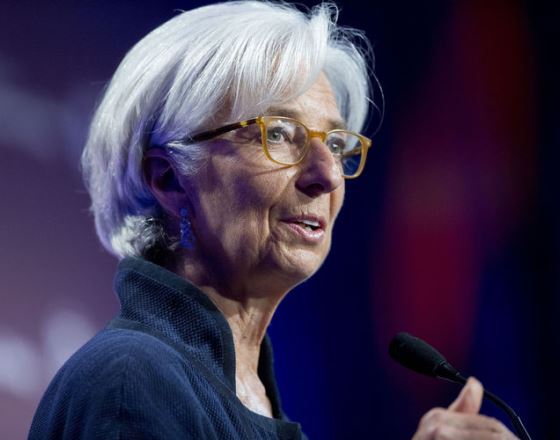
The International Monetary Fund holds the key to the Chinese yuan becoming an international reserve currency through a review of its Special Drawing Rights basket, according to Bundesbank board member Joachim Nagel.
“If the renminbi will be included in the IMF’s SDR basket, every IMF member is indirectly invested in renminbi,” he said in an interview, referring to the currency’s official name. “This will increase the probability of holding renminbi as a reserve currency in general. If you’re already exposed to something, then the decision to broaden your exposure is an easier one to take.”
China is pushing for a bigger international role for the yuan and is lobbying for inclusion in the IMF’s basket of reserve currencies. Nations such as Germany and France have supported the country’s bid to be added, and IMF Managing Director Christine Lagarde has said the question is when, not if, the yuan qualifies.
If the Washington-based institution endorses the yuan after the five-yearly review of the SDR basket that’s due by year-end, at least $1 trillion of global reserves will switch into Chinese assets, according to Standard Chartered Plc and AXA Investment Managers.
Yuan Clearing
While the Bundesbank has warned that the yuan needs to be seen as freely convertible before it can be considered as part of the SDR basket, its use in global trade is already growing.
Clearing of yuan transactions in Frankfurt started in November, making it easier for German lenders and their clients to access the currency, cutting costs by making euros directly convertible without having to be changed into U.S. dollars first. China is Germany’s third-biggest trading partner after the Netherlands and France.
Banks and asset managers in Germany “could do a bit more” with regard to their yuan activities, according to Nagel. China has also set up clearing agreements with financial centers including Hong Kong, Taipei, Singapore, Seoul, Paris and London.
“Every renminbi hub has a complementary role,” Nagel said. “Frankfurt as the financial center in Germany has a close linkage to the real economy. Other hubs have different comparative advantages.”
original source: http://www.bloomberg.com/news/articles/2015-05-17/bundesbank-sees-imf-decision-as-key-to-yuan-as-reserve-currency
